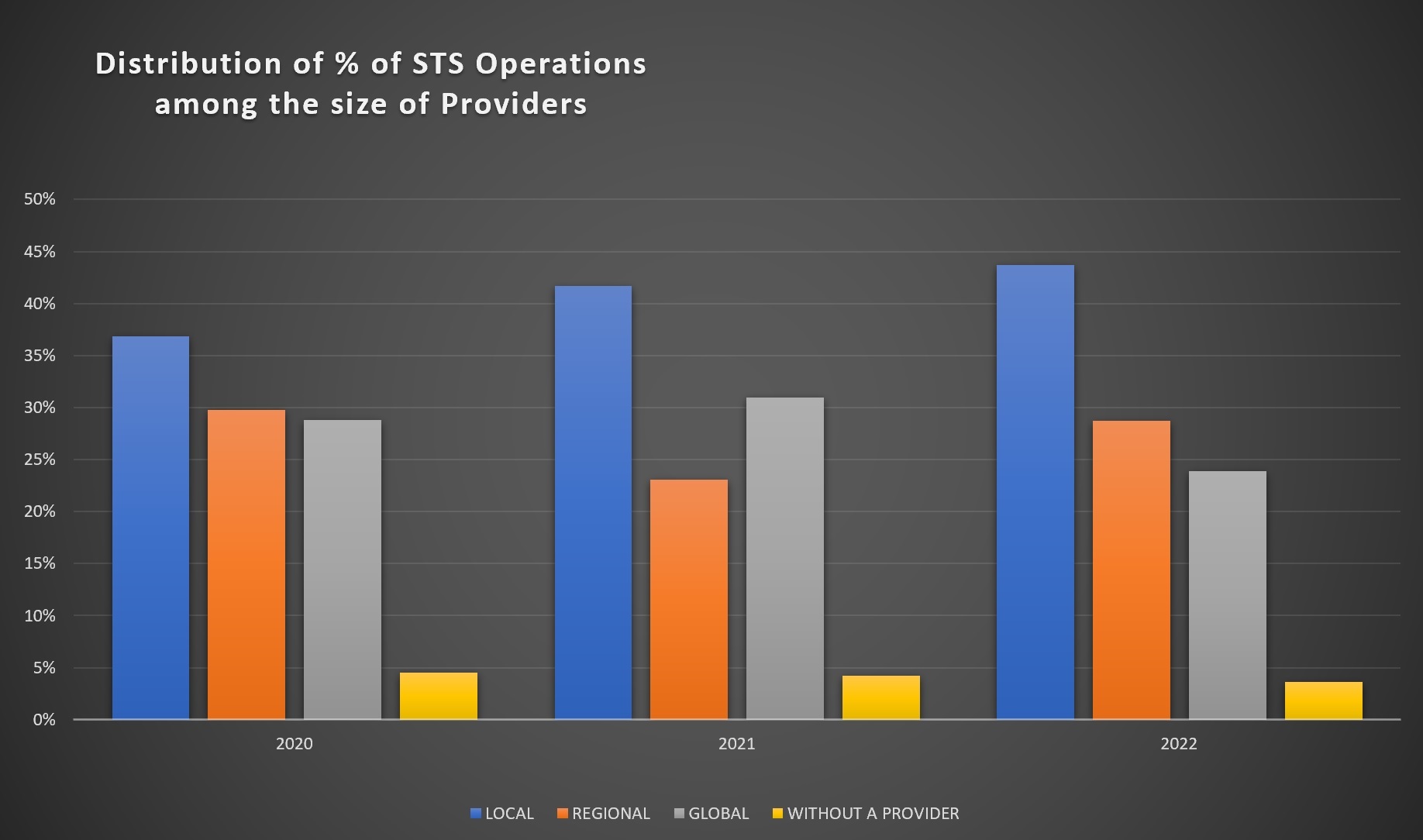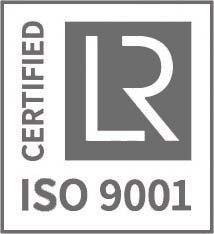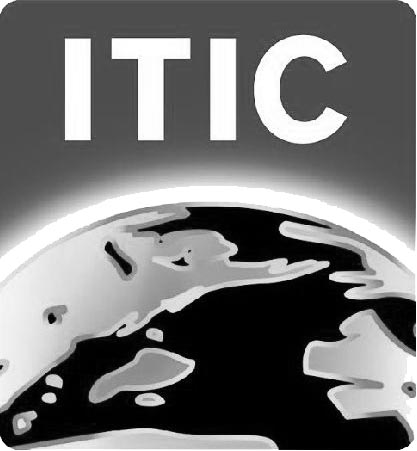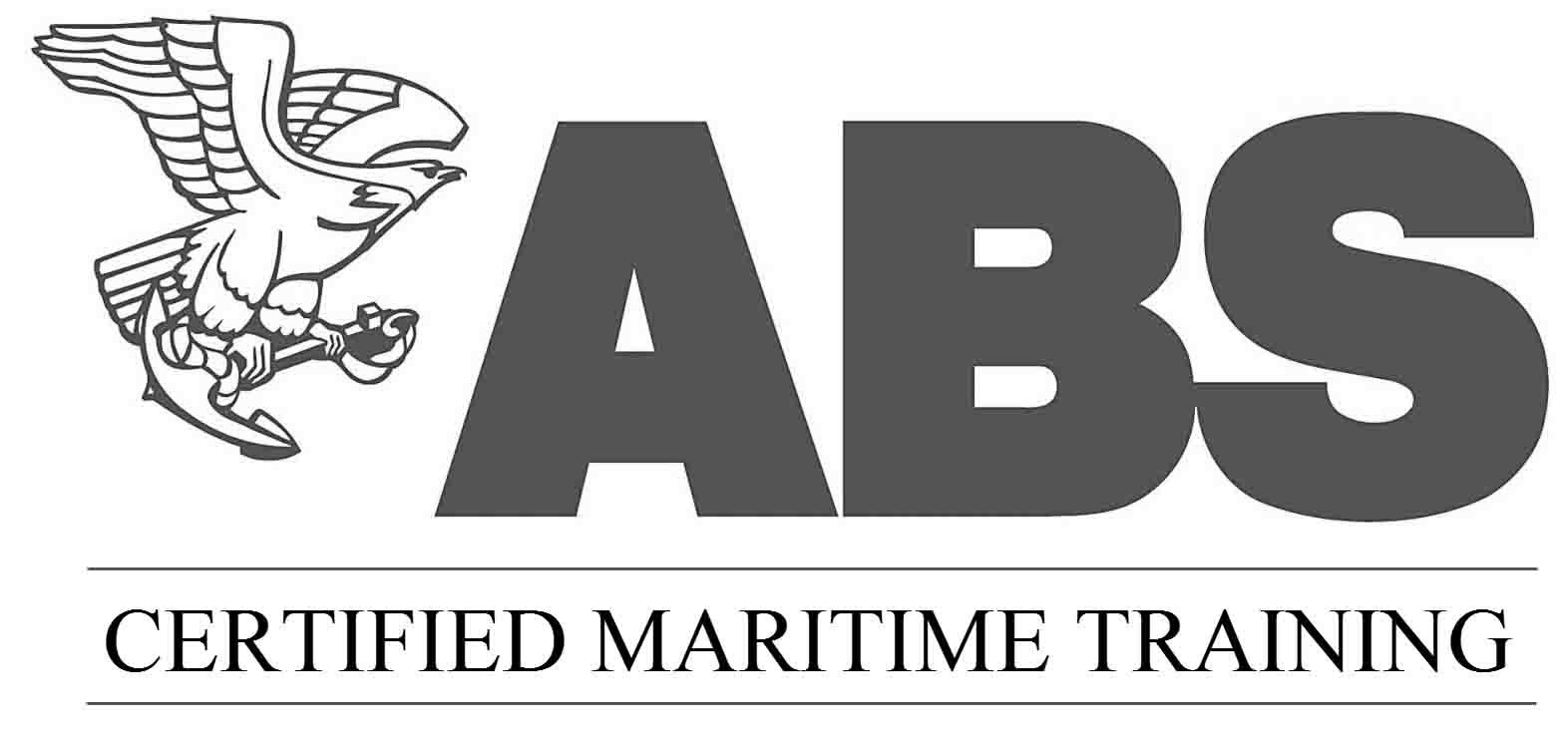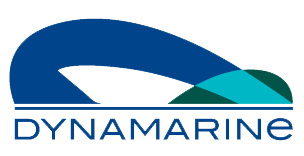Do sanctions pose a barrier to the safety of STS operations?
05-04-2023
|
|
Dr Alexandros Glykas, DYNAMARINe Ship-to-Ship (STS) operations have a commendable safety record, with almost fifty years of operations. However, to ensure minimum risk, considering the potential for significant environmental accidents, it's crucial to exercise prudent management and continuous risk evaluation. It's important to note that sanctions or intelligence clearance for cargoes and ships should not compromise due diligence over the safety issues of STS operations. In contrast to other operations involving significant third-party risks, the business model of STS transfers has a unique feature. Charterers and cargo owners bear the cost and select the STS Service Providers, while tanker operators execute the operation and assume liability for safety. While tanker operators hold the responsibility for safety during STS operations, they may have limited control or no control over the selection of third-party service providers. This situation poses an inherent threat to the safety of STS operations, as charterers and cargo owners may lack the necessary expertise to evaluate the safety standards of third-party service providers. Complications may arise when cargo owners urge the use of STS Service providers that have no proven Safety Management Systems (SMS). In layman's terms, the SMS system is a means for controlling safety and improvement based on past errors, near misses, or unfavorable observations. It is an essential management tool that ensures the service provider adheres to best industry practices and regulations. Since STS Service providers are not regulated by international law, their performance and standards are primarily assessed by the users, usually "the Master of the daughter's" vessel during an STS operation. If the Master of a ship raises concerns over the STS Service provider, the latter has the option to respond with counter-arguments based on industry standards or use the feedback as an opportunity for improvement. For this reason, a verified SMS by an independent organization is crucial. Maintaining a reliable and sustainable Ship-to-Ship (STS) transfer operation requires access to a range of critical resources, including experienced personnel, internal databases for effective information management, benchmarking tools, material testing facilities, secure storage facilities, quality support vessels, and anti-pollution equipment. Global STS service providers typically have access to these resources due to their compliance with contracts with high-end oil major organizations. Mainly they support their reputation and do not risk a big contract, due to competition. The following graph depicts the indicative fall of share on global STS Service Provider operations from 2020 to 2022 while the local provider's share has increased, as observed through DYNAMARINe STS data which cover about 20% of the global STS. Local and Regional STS Providers have received the benefit over the last two years. The fall in the market share of the Global providers is mainly attributed to sanctions and unfair competition from local providers over substandard practices.
Source OSIS 2023 https://site.admin.onlinests.net/public/en/directory-of-sts-service-providers However, this access to a reliable SMS comes at a price, resulting in higher fixed costs for global STS service providers compared to their local counterparts. Unfortunately, the only way for global STS providers to compete with local ones is by compromising on safety and applying lower standards, which is a worrying trend. It has been observed in the past that in regions where there are many local providers, there are no global STS providers operating due to high competition. Alternatively, some global STS service providers maintain lower standards in terms of equipment or the expertise of the Person in Overall Advisory Control (POAC). While it is a reality that global STS providers have higher fixed costs, compromising on safety is not the solution. It is crucial for all service providers to adhere to the highest safety standards to ensure reliable and sustainable STS operations. This requires a collective effort from all stakeholders, including STS Service Providers, cargo owners, traders, and ship owners. Sometimes reputable oil major companies are exploring the possibility of using local STS providers in some areas where global providers have previously operated. However, in cases where an oil major decides to abandon a location due to reputational risks, smaller traders with substandard safety criteria may take over. As a result, the use of global STS service providers is becoming limited, as they are pushed out from traditional markets such as Malta, Denmark, Ceuta, Limassol, West Africa, or Tanjung Pelepas, and replaced by smaller organizations with an obvious lack of safety standards, evidenced by their unverified management systems or past performance assessments. Sanctions have increased uncertainty over the safety of STS operations, as they pose an additional barrier for global providers. Furthermore, the existence of alleged shadow fleets or traders with limited experience concerning STS safety matters increases awareness of STS Operations. Currently, ship managers, and especially the master of the ship, have an additional burden when assessing the quality of the STS Service provider and POAC, since they are lacking support from reputable oil majors or relevant STS service providers. In the end, in case of an incident most likely one of the involved ships will assume the responsibility. For this reason, ship managers need to have crystal clear criteria and policies regarding STS operations. With more local providers with unverified or non-existent SMS, contracted by traders with a prompt interest in the cargo transfer, the safety of STS operations depends solely on the master and the procedures of the tanker operator. But is this enough? Are all tanker operators equally prudent over STS matters? Although free trading is a fundamental aspect of sea-borne transfers, it is important to consider the potential costs associated with accidents during STS. While solutions may be available to overcome complications arising from war, sanctions, lack of tonnage, or other barriers, these solutions often come at a cost. It is crucial to recognize that the cost of damage resulting from such incidents is limited when compared to the cost associated with accidents, potential pollution, or loss of life. In such cases, it may be necessary for underwriters to evaluate the true cost of these incidents and take action to mitigate their risk. Thus, it is important to prioritize safety and risk management in sea-borne transfers to mitigate potential harm and protect both the environment and human life. For further information and a trial, please feel free to contact DYNAMARINe at info@dynamarine.com |
DYNAMARINe Team
2 ARKADIAS AND 125 GOUNARI STR, Glyfada 16561, Greece, T:+65 31590353, +302109628379, E:info@dynamarine.com

